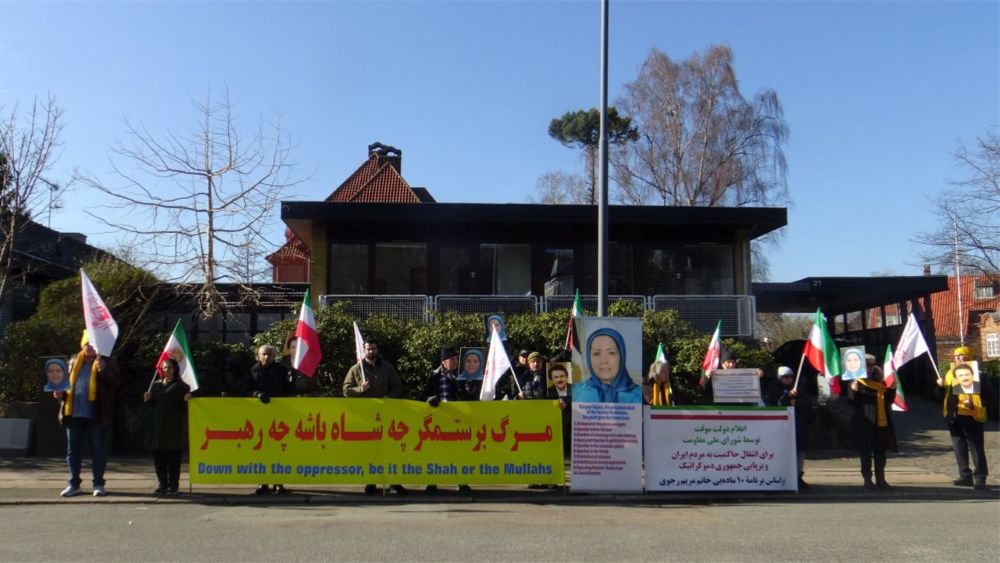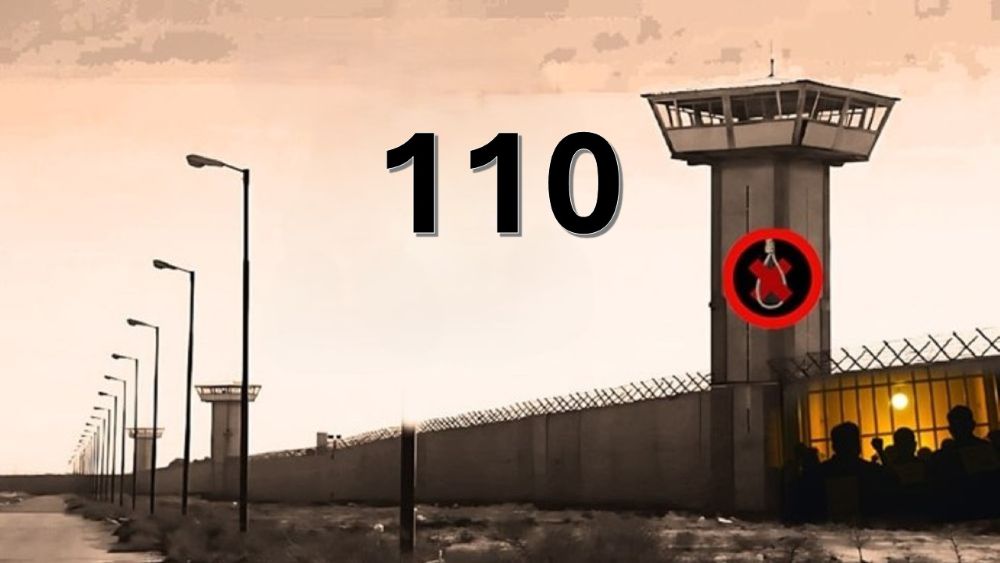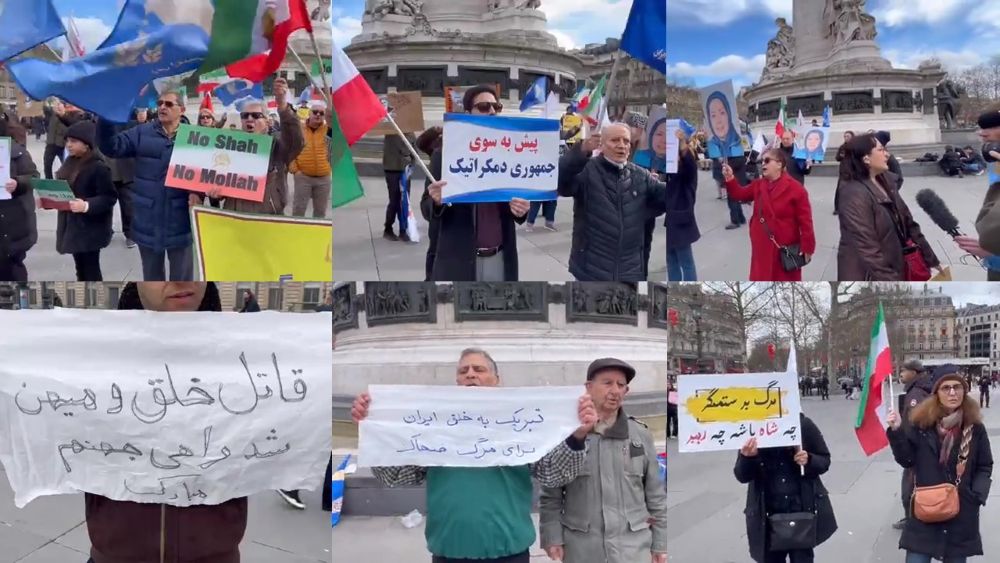The International Committee in Search of Justice (ISJ) President has written an op-ed about the future of the Iran nuclear deal, calling for sanctions to be expanded because the regime cannot be trusted to abide by the deal.
Alejo Vidal-Quadras, a former vice-president of the European Parliament, explained that negotiations on the Joint Comprehensive Plan of Action (JCPOA) are still going ahead in Vienna, even without the small reassurances provided by the interim agreement between Iran and the International Atomic Energy Agency (IAEA).
He cited Iranian Foreign Ministry spokesperson Saeed Khatibzadeh as saying that the regime hasn’t made a formal decision about restoring the original agreement, which is probably because the regime imposed major limitations on the IAEA’s investigations powers in the temporary agreement.
Vidal-Quadras wrote: “How can Western participants in those talks be expected to accept any sort of conclusion if it involves remaining uninformed about the current status of the Iranian nuclear program and simply taking the regime at its word that all their former JCPOA violations will be reversed? This is the arrangement that Tehran has offered since the current talks began in April, but as IAEA Secretary General Rafael Grossi pointed out, that offer makes little sense in the wake of 60 per cent enrichment, systematic obstruction of the agency’s mandate, and ongoing refusal to explain the purpose of undisclosed nuclear sites the existence of which the agency has discovered since the JPOCA was implemented in 2016.”
Grossi has previously stated that it’s “not possible” to return to the JCPOA under the current terms because since it was drafted, the regime has not been abiding by the deal, which means that they’ve increased their knowledge of nuclear weapons, as well as accumulated centrifuges and nuclear material. He said that there would need to be a supplemental agreement to address the new issues.
This was rejected by Iran, who said that they want the deal restored with the other side making all of the concessions, but Vidal-Quadras described the refusal to agree on a new deal as a “geopolitical tantrum”.
He said: “Rewarding the Iranian regime’s ongoing malign activity with sanctions relief and with the pride of knowing that it will outlast that of much stronger nations [will] only embolden the regime to apply more of the same malign activities to more of the same ultimatums, in hopes of securing more of the same concessions. And in the meantime, international insight into the regime’s nuclear program will only continue to degrade.”
Vidal-Quadras argued that Western lawmakers should never give in to Iran’s ultimatum because of the regime’s secrecy over its nuclear activity. After all, the only point of concessions is to get data on the program, so if the West cannot get that, then why offer sanctions relief?



